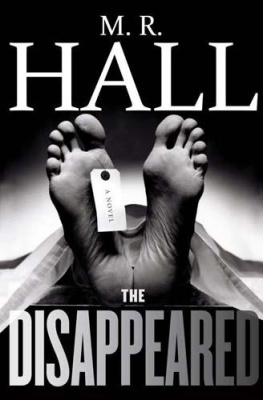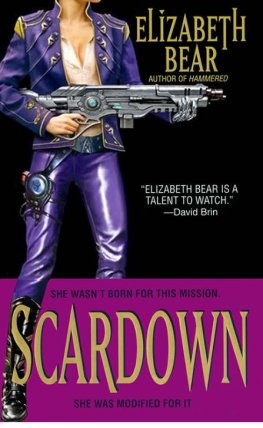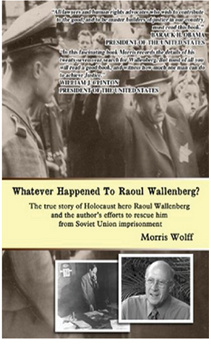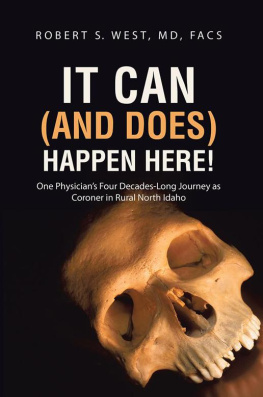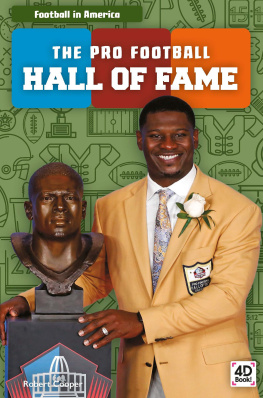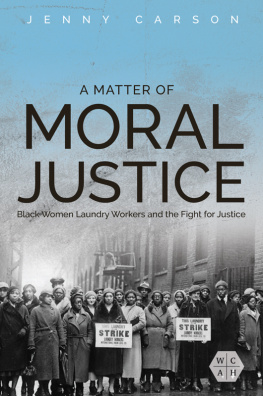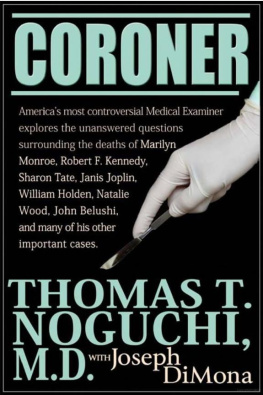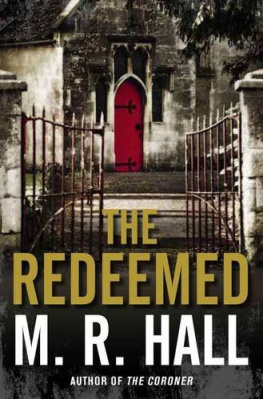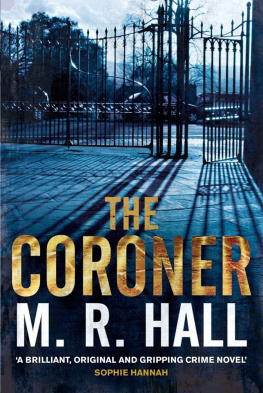M. R. Hall - The Disappeared
Here you can read online M. R. Hall - The Disappeared full text of the book (entire story) in english for free. Download pdf and epub, get meaning, cover and reviews about this ebook. year: 2009, publisher: Simon & Schuster, genre: Detective and thriller. Description of the work, (preface) as well as reviews are available. Best literature library LitArk.com created for fans of good reading and offers a wide selection of genres:
Romance novel
Science fiction
Adventure
Detective
Science
History
Home and family
Prose
Art
Politics
Computer
Non-fiction
Religion
Business
Children
Humor
Choose a favorite category and find really read worthwhile books. Enjoy immersion in the world of imagination, feel the emotions of the characters or learn something new for yourself, make an fascinating discovery.
- Book:The Disappeared
- Author:
- Publisher:Simon & Schuster
- Genre:
- Year:2009
- Rating:5 / 5
- Favourites:Add to favourites
- Your mark:
- 100
- 1
- 2
- 3
- 4
- 5
The Disappeared: summary, description and annotation
We offer to read an annotation, description, summary or preface (depends on what the author of the book "The Disappeared" wrote himself). If you haven't found the necessary information about the book — write in the comments, we will try to find it.
The Disappeared — read online for free the complete book (whole text) full work
Below is the text of the book, divided by pages. System saving the place of the last page read, allows you to conveniently read the book "The Disappeared" online for free, without having to search again every time where you left off. Put a bookmark, and you can go to the page where you finished reading at any time.
Font size:
Interval:
Bookmark:
The Disappeared
M.R. Hall
For Bob and Romayne
and many brave years
Veilnot thy mirror, sweet Amine,
Tillnight shall also veil each star, Thou seest a twofold marvel there:
Theonly face so fair as thine,
Theonly eyes that, near or far,
Cangaze on thine without despair .
James Clarence Mangan
Table of Contents
Duringher six months as coroner for the Severn Vale District, Jenny Cooper had knownonly a handful of corpses remain unidentified for more than a day or two. JaneDoe, or JD0110, had been wrapped in her white plastic shroud in therefrigerator at the Vale hospital's mortuary for a little over a week. Owing tothe large backlog of bodies awaiting postmortem, she remained unopened andunexamined.
Shehad been washed up on the English side of the Severn estuary at the mouth ofthe Avon; sucked in with the tide and deposited naked on a mudbank a littledownstream from where the M5 motorway thundered across the river. She wasblonde, five feet eight inches tall, had no body hair and had been partiallyeaten by gulls. There was little left of the soft tissue of her abdomen andbreasts, and in common with all corpses left open to the elements for anylength of time there were empty sockets where her eyes had once been. For thepurposes of identification Jenny had insisted that glass ones be fitted. Anunnatural blue, they gave her face a dumb, dolllike quality.
AlisonTrent, the coroner's officer, had arranged for a number of potentialidentifiers to attend the mortuary late on a Friday afternoon, but at the lastminute she had been called to a supermarket depot, where the bodies of threeyoung African men had been discovered in a refrigerated trailer amongst a cargoof beef carcasses imported from France. Rather than leave the families insuspense, Jenny reluctantly left the office early to preside at the mortuaryherself.
Itwas the final week of January; freezing sleet slanted from a gunmetal sky. Itwas not yet four o'clock and daylight had all but bled away. Jenny arrived tofind a group of a dozen or so waiting in the unmanned reception area of themortuary building at the rear of the hospital. The antique radiators wereeither not switched on or were broken. As the couples amongst them whispered toone another their breath emerged in wispy clouds. Most were middle-aged parentswho wore expressions of dread masking deeper feelings of guilt and shame. Howdid it come to this? their grim, lined faces seemed to say.
Sincethere was no assistant available to help conduct the viewings, Jenny was forcedto address the group in the manner of a schoolteacher, instructing them to takeit in turns to pass through the slap doors and along the corridor to therefrigerator at the far end. She warned them that the body might not beinstantly recognizable and provided the details of a private laboratory whichwould take their DNA samples and compare them with that of the Jane Doe: itentailed a modest expense but not one her meagre budget would extend to. Theydutifully noted down the company's email address and phone number, but one ofthem, Jenny noticed, did not. Nor did he enter his details onto the list ofthose wishing to be informed in the event that other unidentified bodiessurfaced. Instead, the tall, lean man, somewhere in his mid-fifties, stood awayfrom the huddle, his slender, sun-weathered face expressionless, his only signof anxiety the occasional raising of his hand to smooth his short black hairstreaked with grey. Jenny noticed his arresting green eyes and hoped he wasn'tthe one whose tears would spill onto the tiled floor.
Therewere always tears.
Thebuilding was arranged to maximize the visitors' trauma. Their twenty-yardjourney through the mortuary required them to pass an extended row of gurneys,each bearing a corpse wrapped in an envelope of shiny white polythene. Thestale air was heavy with the smell of decay, disinfectant and an illicit hintof cigarette smoke. One after another, three separate couples made the walkalong the corridor and steeled themselves to look down on the bare head andshoulders of the Jane Doe, her skin now starting to yellow and take on a paperytexture. And one after another they shook their heads, their expressions ofrelief mixed with uncertainty and the fear of similar ordeals to follow.
Theman with green eyes did not carry himself like the others. His footstepsapproached briskly, his manner was abrupt and businesslike, yet somehow seemedto cover a sadness or uncertainty that Jenny read as regret. Without flinching,he looked down at the Jane Doe's face, studied her for a moment, then shook hishead decisively. Curious, Jenny asked him who he was looking for. In a culturedtransatlantic accent he explained briefly that his stepdaughter had beentravelling in the UK and had failed to make contact for several weeks. Her lastemail was sent from an internet cafe in Bristol. The police had told him aboutthe body. Before Jenny could find a pretext to extend the conversation, heturned and left as quickly as he had come.
Mrand Mrs Crosby arrived after the main group. He was in his late fifties anddressed in the business suit that befitted a high-level professional orbusinessman; she was several years younger and had the well-preserved featuresand softer manner of a woman who had not been ground down by life in theworkplace. With them came a young man in his late twenties, also dressedformally in a suit and tie. Mr Crosby introduced him stiffly as MichaelStevens, his daughter's boyfriend. The term seemed to embarrass him: a fathernot yet ready to surrender the affections of his grown-up daughter. Jennyoffered a sympathetic smile and watched them gaze down at the body, take in thecontours of the staring, lifeless face, exchange glances and shake their heads.
'No,it's not Anna Rose,' Mrs Crosby said with a trace of doubt. 'Her hair isn'tthat long.'
Thestatement seemed to satisfy her husband, but the young man was stealing anotherglance, wise enough to know, Jenny could tell, that the dead can lookdeceptively different from the living.
'Theeyes are glass,' she said, 'so the colour could be different. There are nodistinguishing marks and the body was completely depilated.'
MrCrosby's eyes flitted questioningly towards her.
'Shehas no body hair,' his wife explained.
Hegave a dismissive grunt.
'It'snot her,' Michael Stevens said finally. 'No, it's definitely not her.'
'Ifyou're at all unsure I'd advise you to take a DNA test,' Jenny said to theparents.
'Weadopted Anna Rose,' Mrs Crosby said, 'but I expect we can find something ofhers. A hairbrush would do, wouldn't it?'
'Ahair sample would be fine.'
MrCrosby offered a terse thank you and placed a hand in the small of his wife'sback, but as he made to lead her away she turned to Jenny.
'AnnaRose has been missing for ten days. She's a physics graduate - she works atMaybury with Mike. She didn't have any problems, she seemed perfectly happywith life.' Mrs
Crosbypaused briefly to collect herself. 'Do you ever come across that?'
MrCrosby, embarrassed at his wife's naivety, lowered his eyes to the floor. MikeStevens glanced uncertainly between his missing girlfriend's parents. There wasalarm in his eyes. He was out of his depth.
'No.Not often,' Jenny said. 'In my experience, suicide - if that is what's in yourmind - is invariably preceded by depression. If you were close to the person, Ithink you would know.'
'Thankyou,' Mrs Crosby said. 'Thank you.'
Herhusband steered her away.
MikeStevens glanced briefly at Jenny in such a way that she assumed he had aquestion of his own, but whether from shyness or family protocol, he kept it tohimself and followed the Crosbys out.
Asthey disappeared from view, Jenny vaguely recalled an item she had heard on theradio about a young woman who had gone missing from her home in Bristol - a traineeat Maybury, the decommissioned nuclear power station that sat three miles eastof the Severn Bridge. Maybury and the other three retired stations on theestuary had been much discussed in the local media lately: a new generation ofscientists was being recruited to decommission the fifty-year-old reactors andbuild the new ones that had been given the go-ahead by the government.Listening to the heated phone-in debates, Jenny had felt a stirring of herteenage idealism, evoking memories of weekend trips with fellow students topeace camps outside American airbases. It seemed strange to her that ageneration later a young woman would embark on a career in an industry whichshe had spent her formative years believing represented all that was corrupt anddangerous in the world.
Next pageFont size:
Interval:
Bookmark:
Similar books «The Disappeared»
Look at similar books to The Disappeared. We have selected literature similar in name and meaning in the hope of providing readers with more options to find new, interesting, not yet read works.
Discussion, reviews of the book The Disappeared and just readers' own opinions. Leave your comments, write what you think about the work, its meaning or the main characters. Specify what exactly you liked and what you didn't like, and why you think so.

